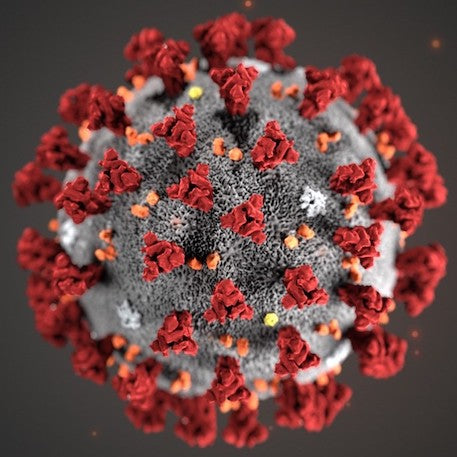In an article published by Columbia University titled "Could a New Ultraviolet Technology Fight the Spread of Coronavirus?" researcher David Brenner said he believes far-UVC light—safe for humans, but lethal for viruses—could be a ‘game changer.’
Here are some of interesting excerpts from the article as it relates to UVC light and the fight against pathogens.
On the history of UV light and why UVC light specifically is the best option:
"Scientists have known for decades that broad-spectrum, germicidal UV light has the capacity to kill microbes. Hospitals and laboratories often use UV light to sterilize tools and other equipment. But conventional ultraviolet light is highly penetrating and can cause skin cancer and eye problems.
In contrast, far-UVC, which has a very short wavelength, cannot reach or damage living human cells. But the narrow band wavelength can still penetrate and kill very small viruses and bacteria floating in the air or on surfaces."
On UVC's effectiveness against coronaviruses and influenzas:
"The research team’s experiments have shown far-UVC effective in eradicating two types of airborne seasonal coronaviruses (the ones that cause coughs and colds). The researchers are now testing the light against the SARS-CoV-2 virus at Columbia in a biosafety laboratory, with encouraging results, Brenner said.
The team previously found the method effective in inactivating the airborne H1N1 influenza virus, as well as drug-resistant bacteria. And multiple, long-term studies on animals and humans have confirmed that exposure to far-UVC does not cause damage to the skin or eyes."
On UVC light as a preventative measure:
“Far-UVC takes a fundamentally different tactic in the war against COVID-19,” Brenner said. “Most approaches focus on fighting the virus once it has gotten into the body. Far-UVC is one of the very few approaches that has the potential to prevent the spread of viruses before they enter the body."

